Saudi Arabia’s transformation is often measured in giga-projects and reform plans, but sometimes the more revealing shifts begin quietly—like the decision to turn your family’s old majlis into a dining room for strangers.
In Jeddah’s Al-Balad, you might now find yourself sipping Arabic coffee in a room that once hosted only close relatives. The walls are still decorated with old family photos and Quranic calligraphy, the cushions are just slightly faded, but the menu is printed, the ambience curated.
As Arab News recently noted, “From living rooms to eateries, Saudi homes are being transformed into restaurants”—and along with them, long-held ideas about privacy, community, and hospitality.
A woman in her late thirties, who now runs her grandmother’s house as a traditional Hijazi restaurant, told me she never imagined inviting outsiders into “a place that held our Eid mornings and funerals.” But today, she said with a half-smile, “our family stories are served between courses.”
This isn’t just a business trend—it’s a quiet reshaping of cultural norms. The Saudi home, long a symbol of privacy and familial identity, is becoming a more porous space. Hospitality, once inward-facing, is turning outward.
There’s something generational about it too. For many younger Saudis, tradition doesn’t mean locking the door—it means opening it on their own terms. In Riyadh, a former mud-brick home in Diriyah now hosts weekend pop-ups by young chefs who pair kabsa with commentary on its regional variations.
In Madinah, a cousin of mine recently dined in a courtyard where the owner played his grandfather’s oud in between dishes.
“We’re not changing the past,” the owner told her. “We’re making space in it.”
These homes-turned-eateries also fill a deeper cultural gap. For expats, they offer more than a meal—they offer a conversation, a way to encounter Saudi warmth without the buffer of a hotel lobby or international chain. They reveal the layers of the society: its formality and intimacy, pride and playfulness, tradition and improvisation.
And for Saudis, perhaps most importantly, they offer a way to reclaim agency over their heritage—not in a museum, but in motion.
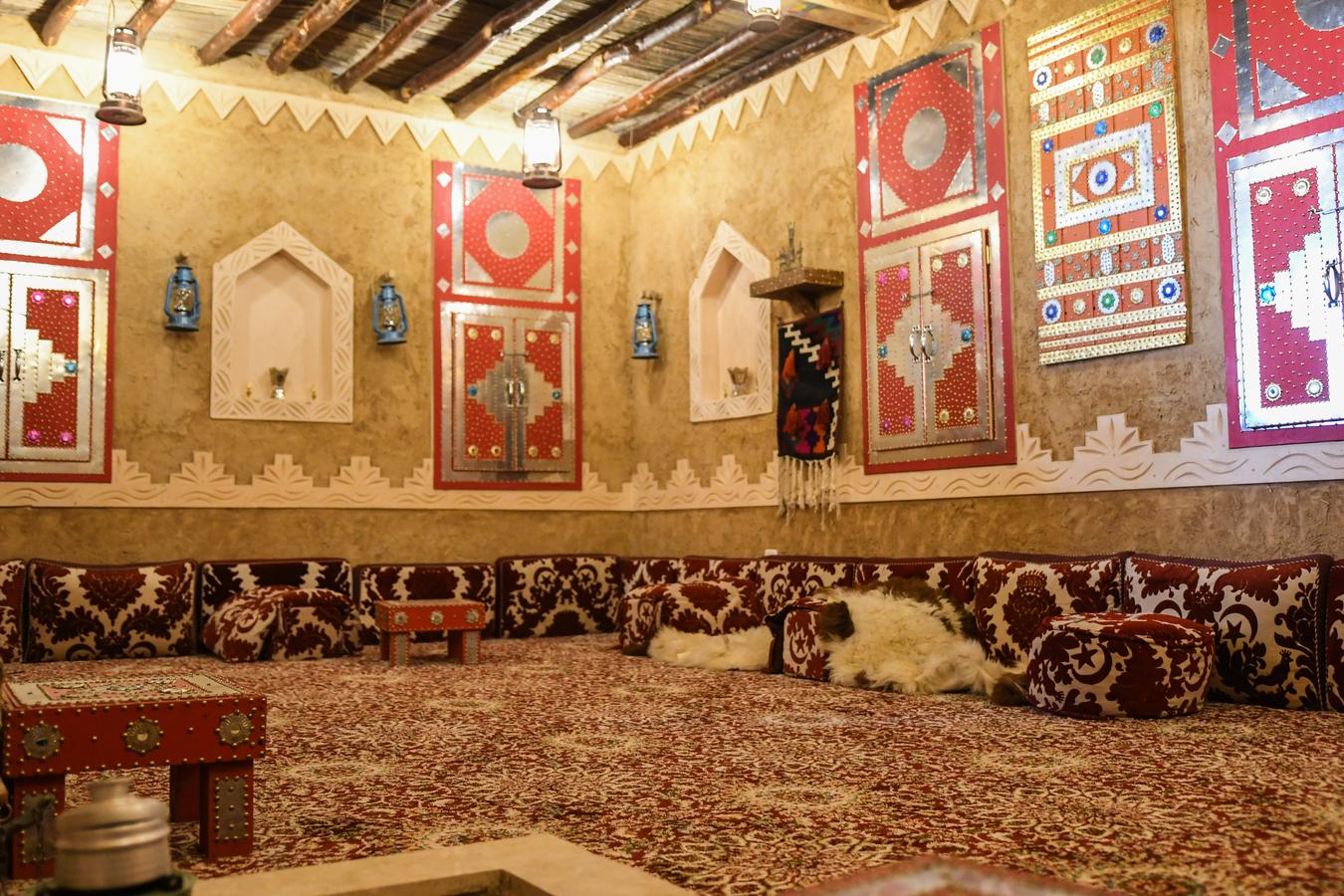
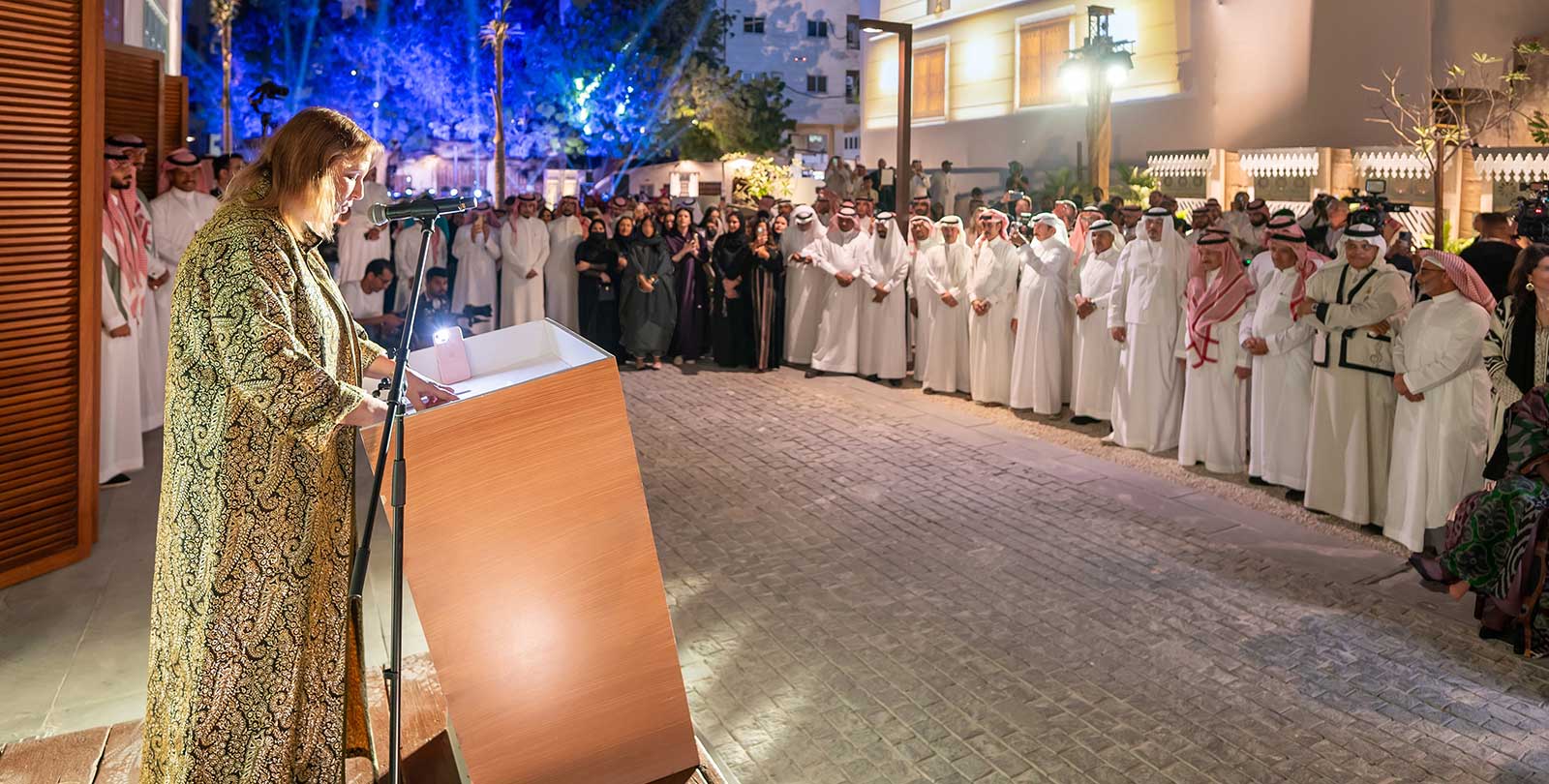
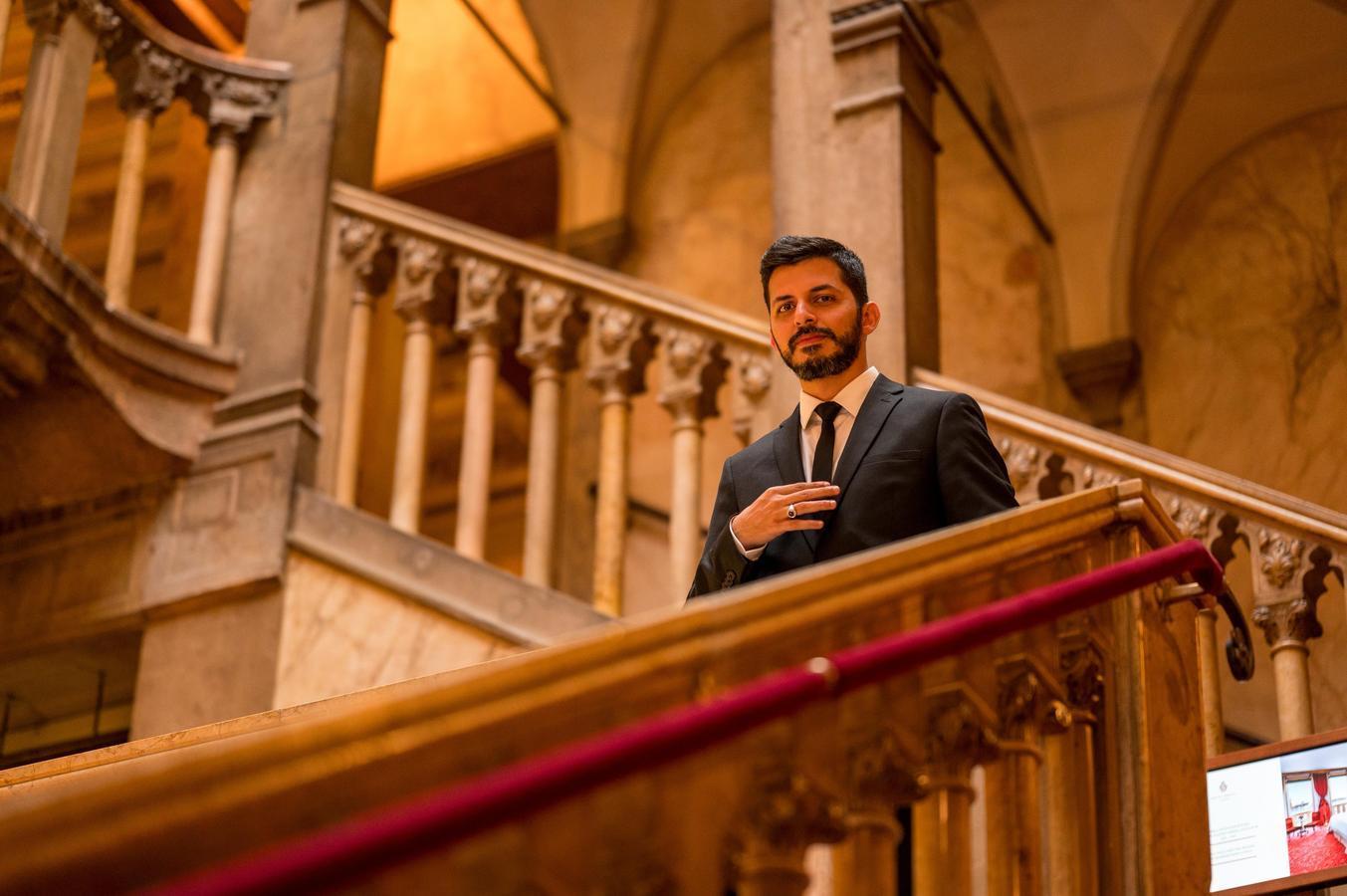
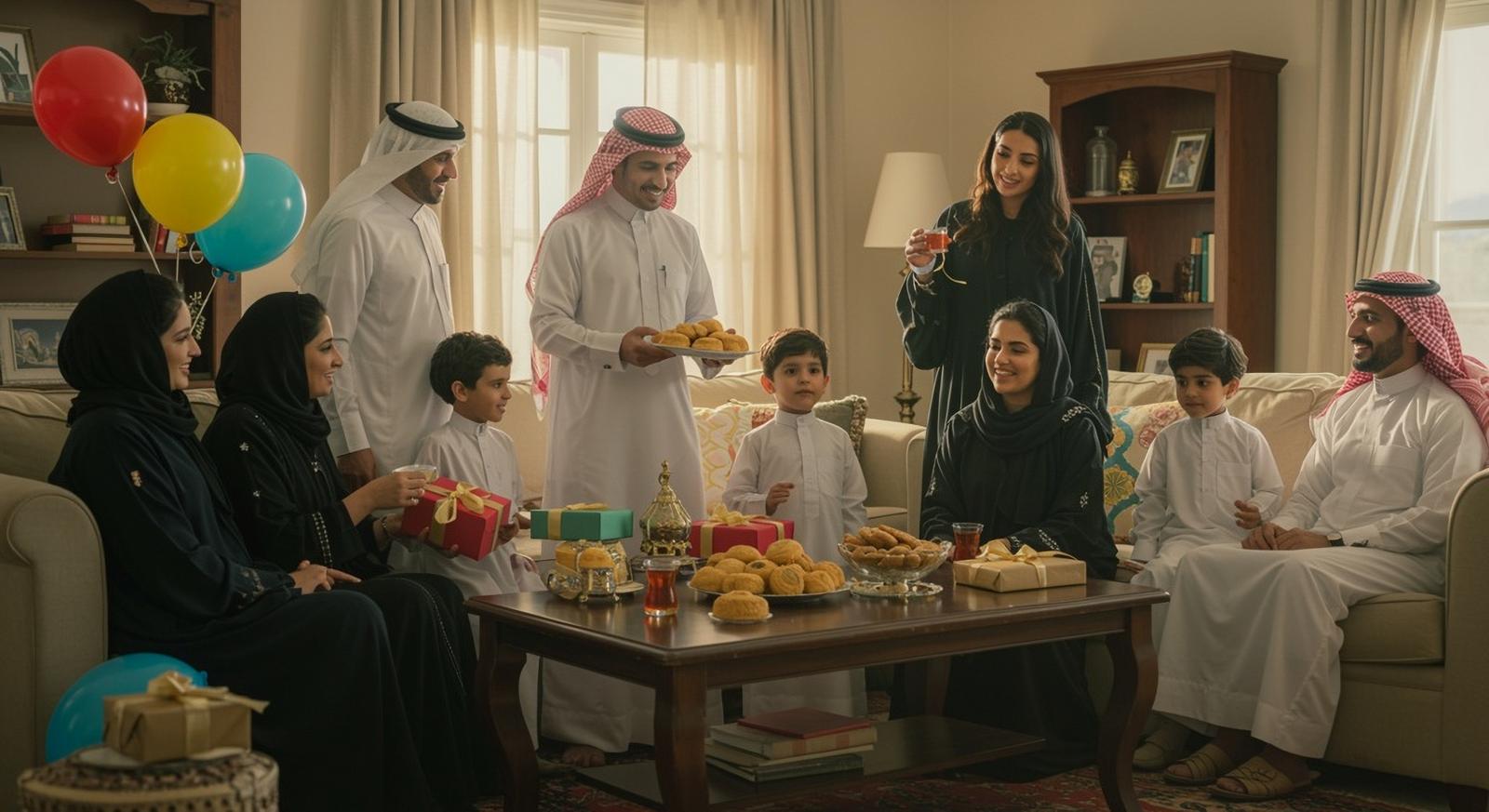
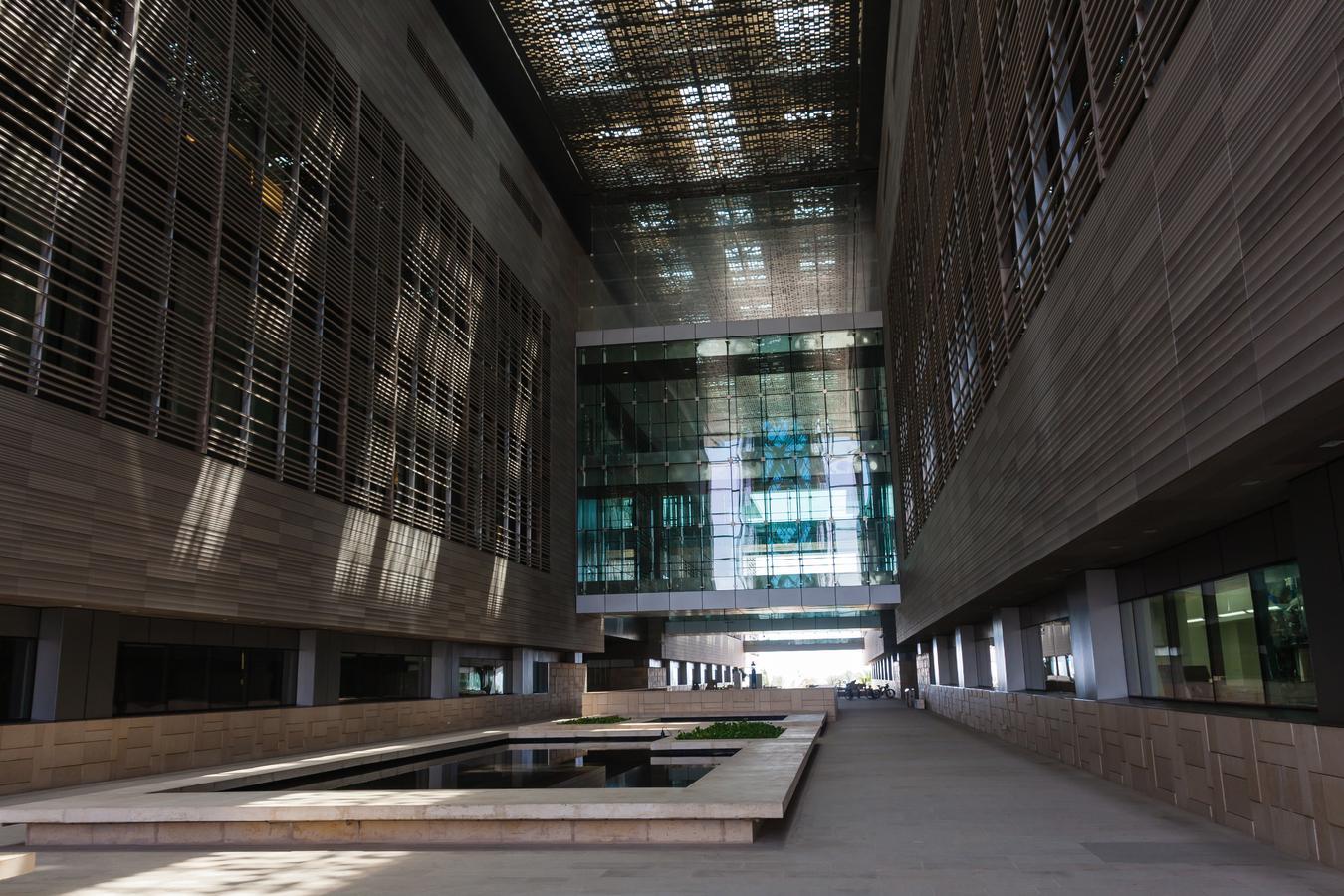

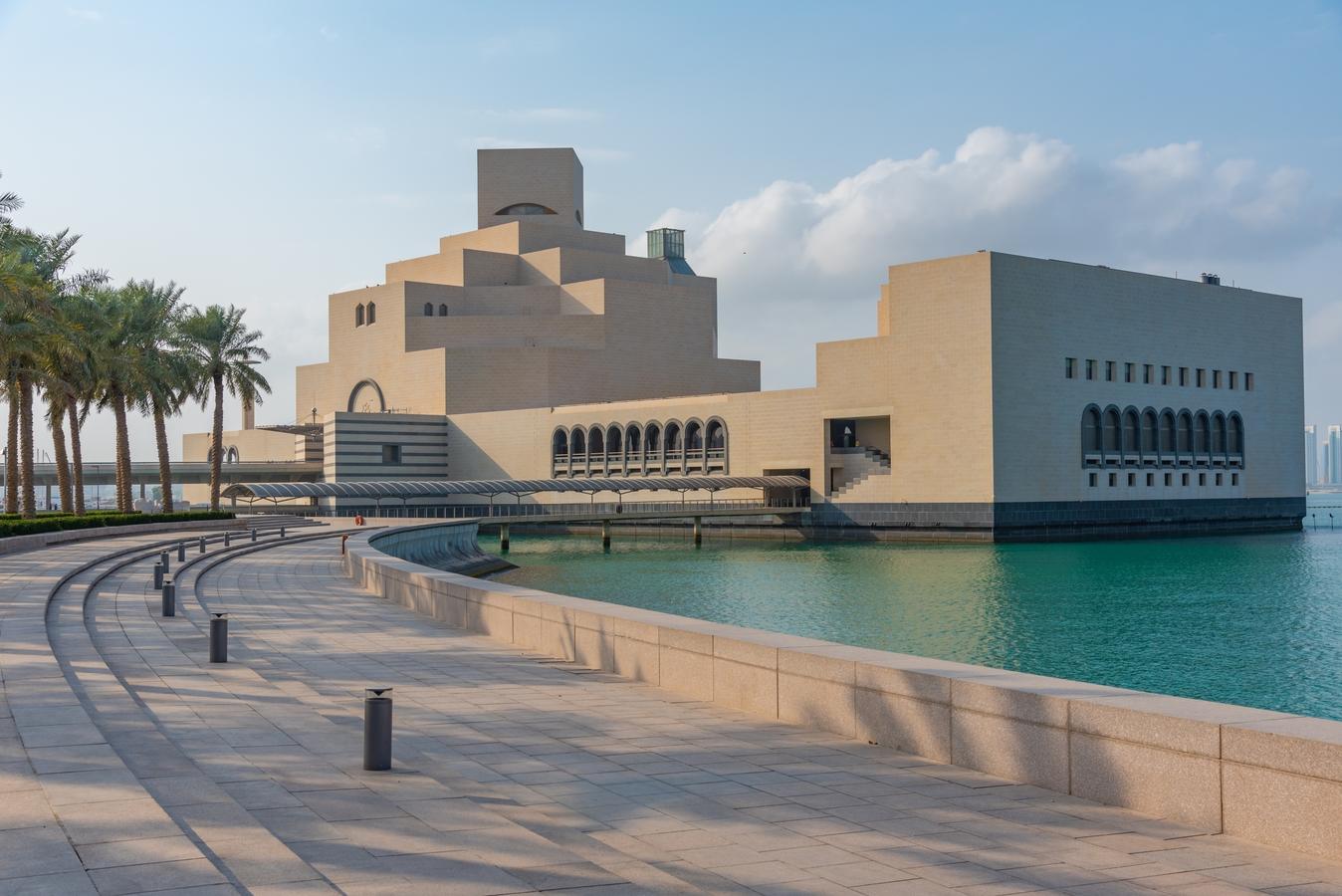
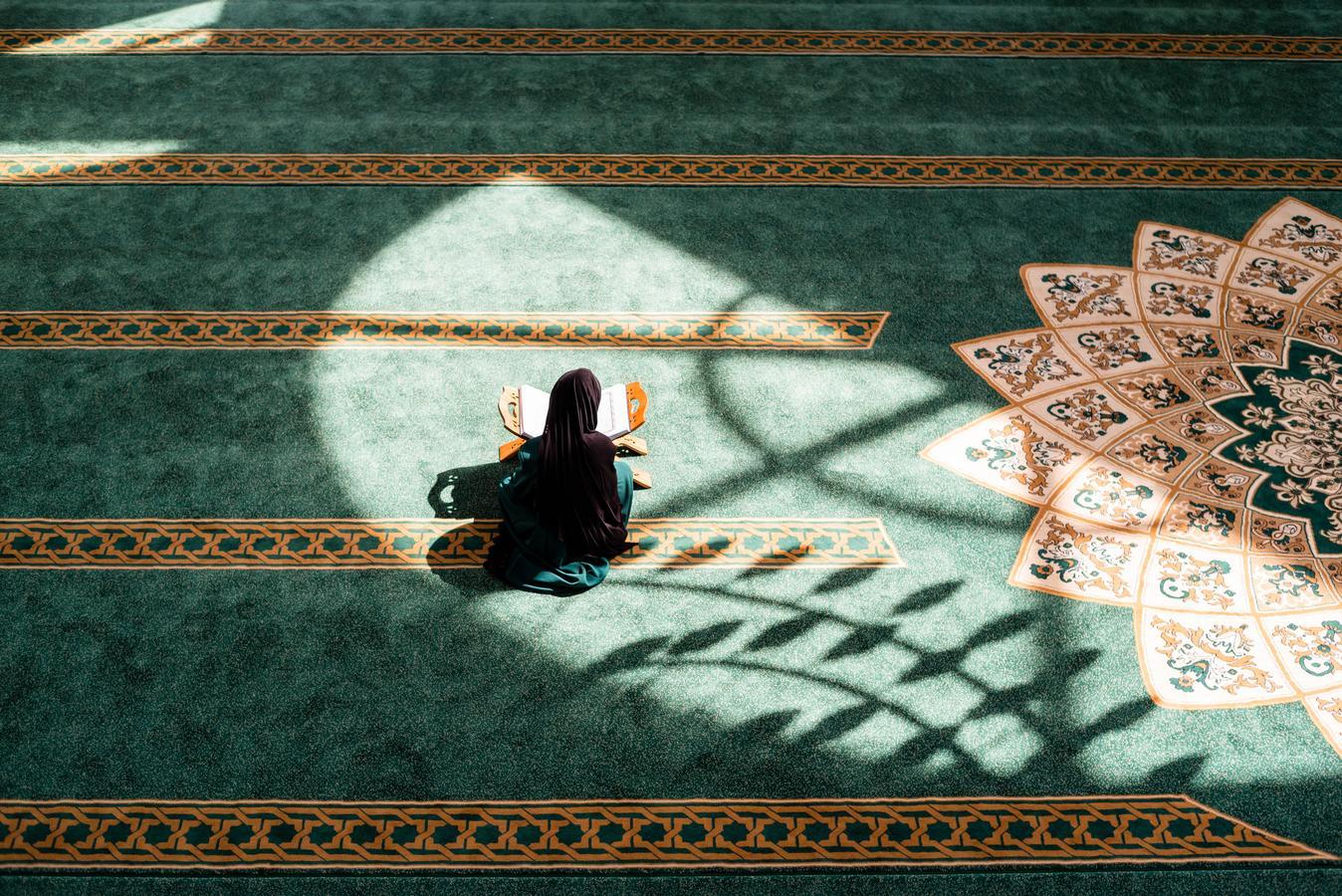
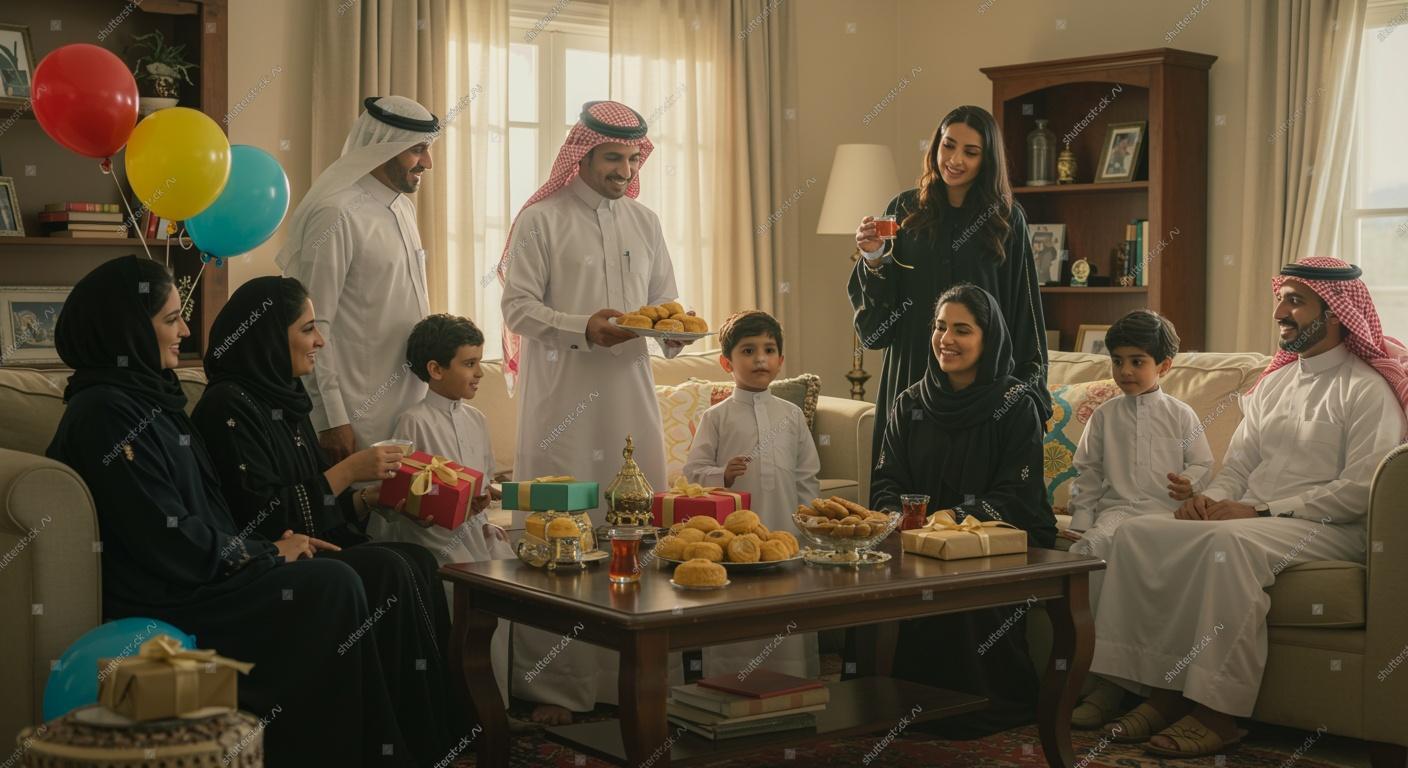
0 Comments
No comments yet. Be the first to comment!